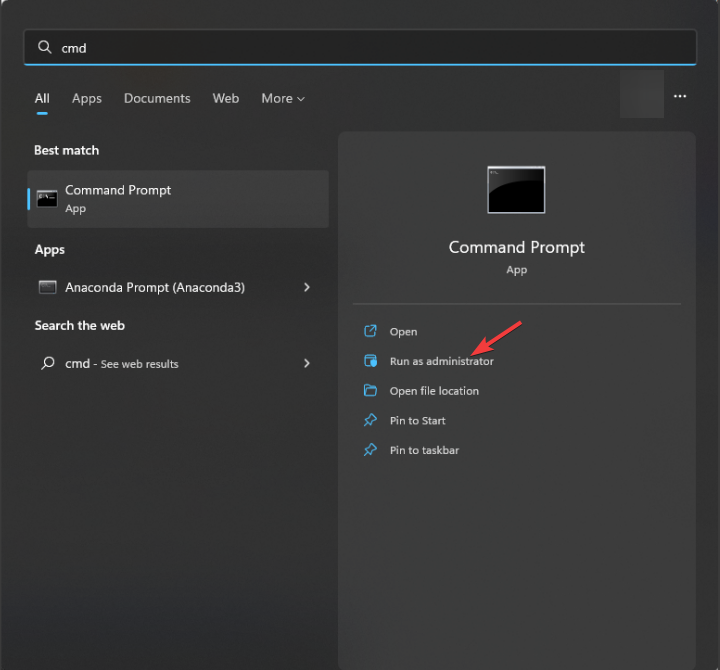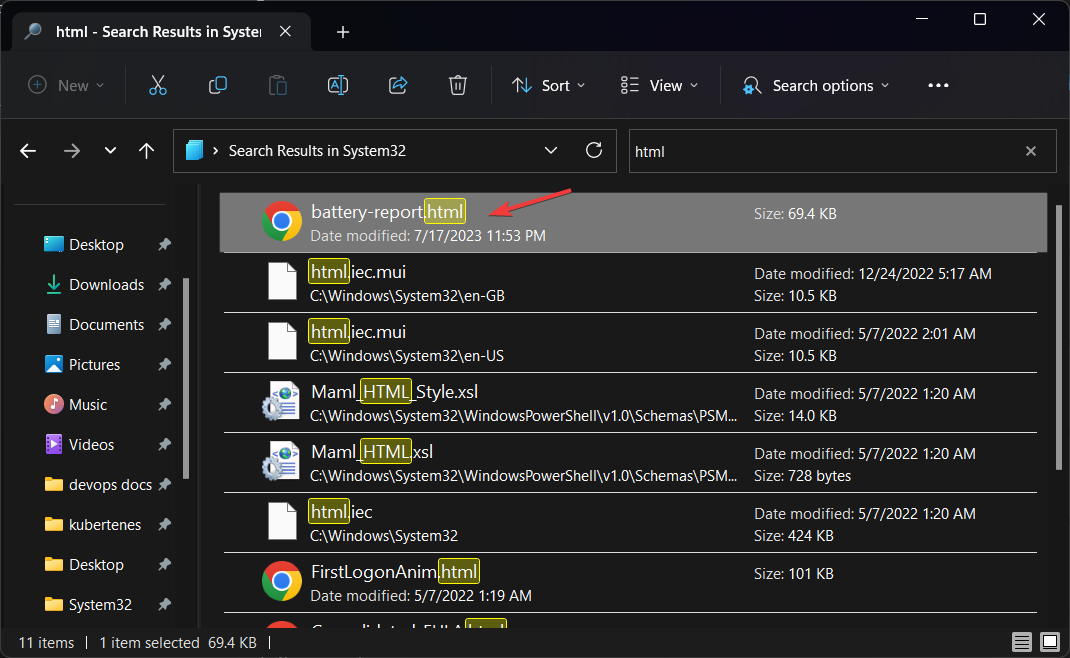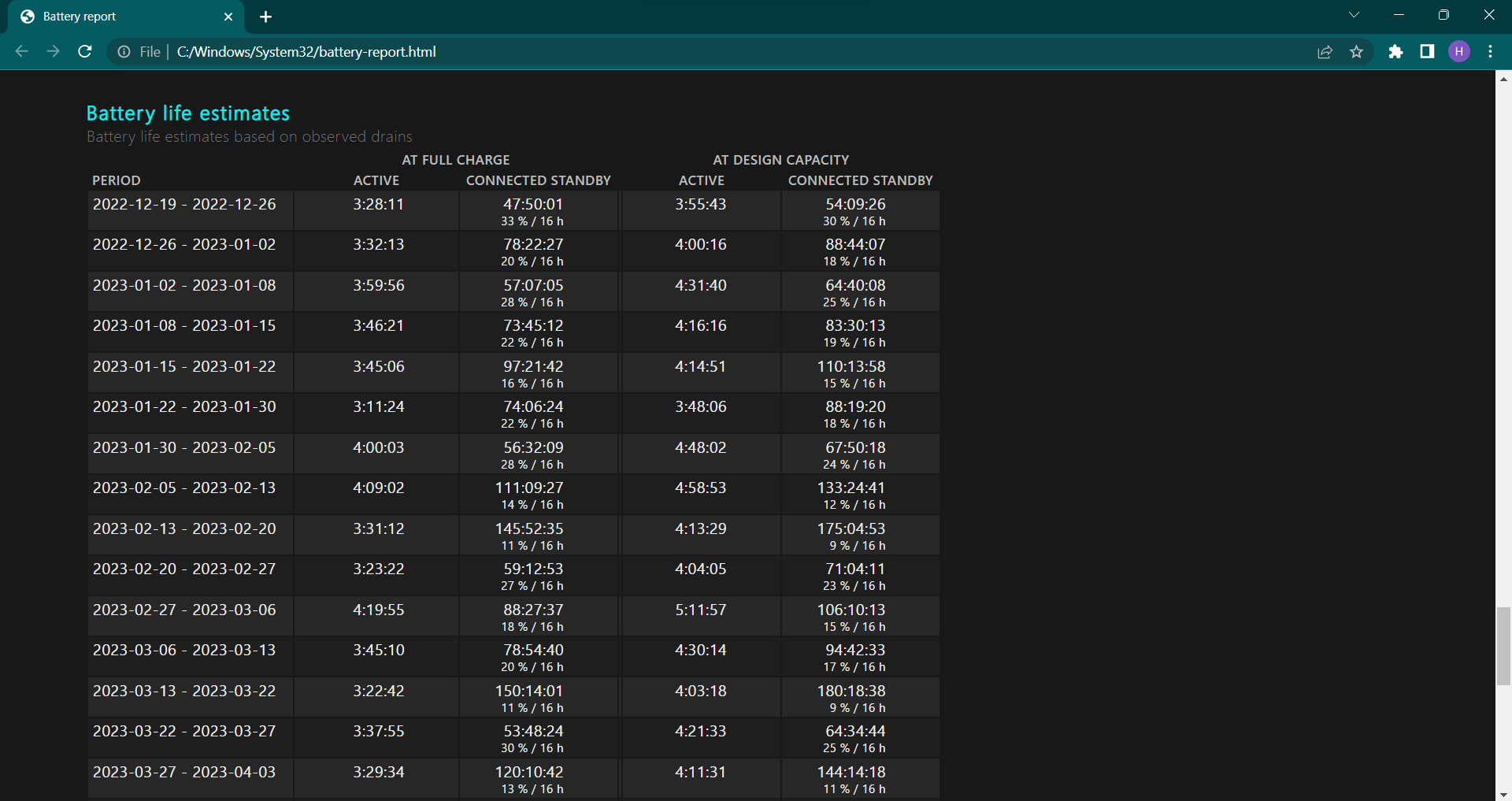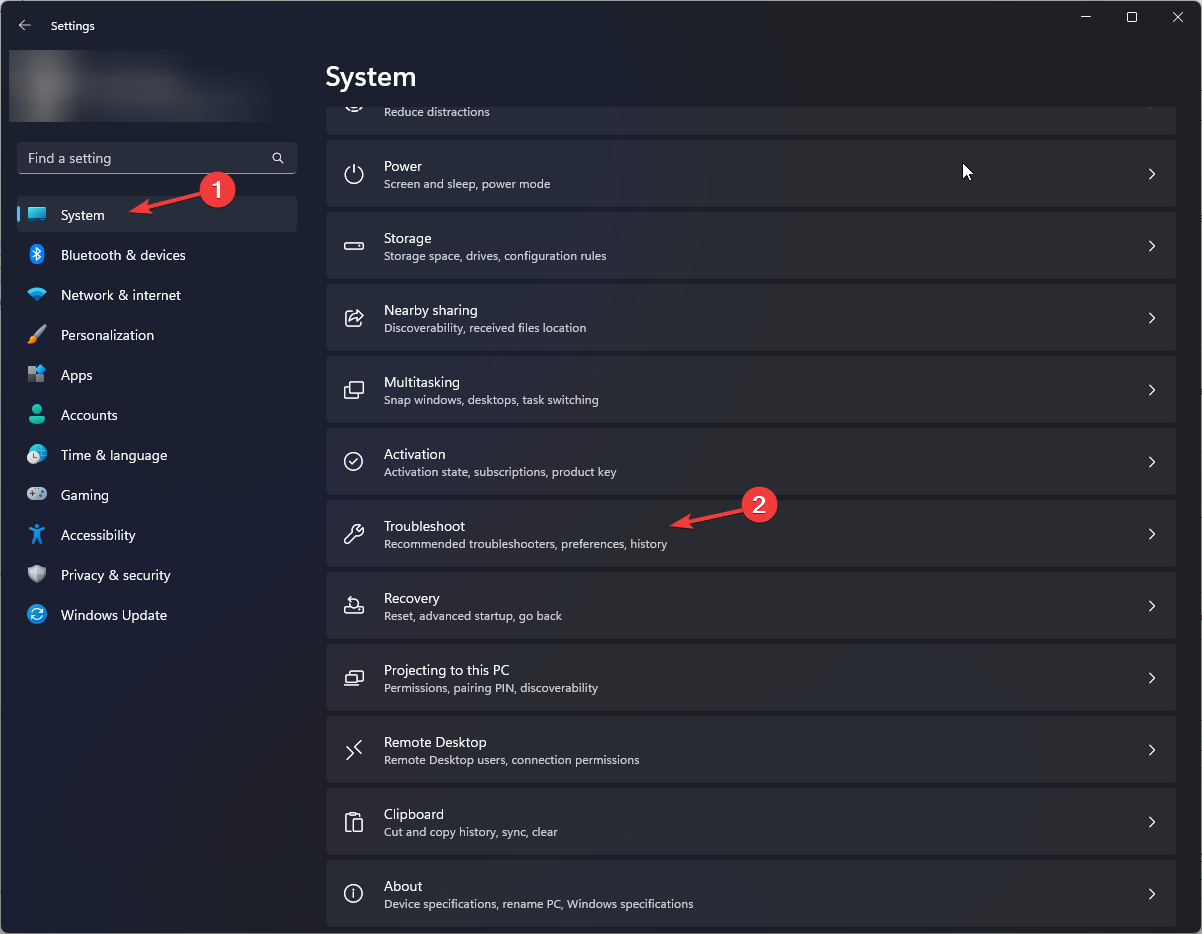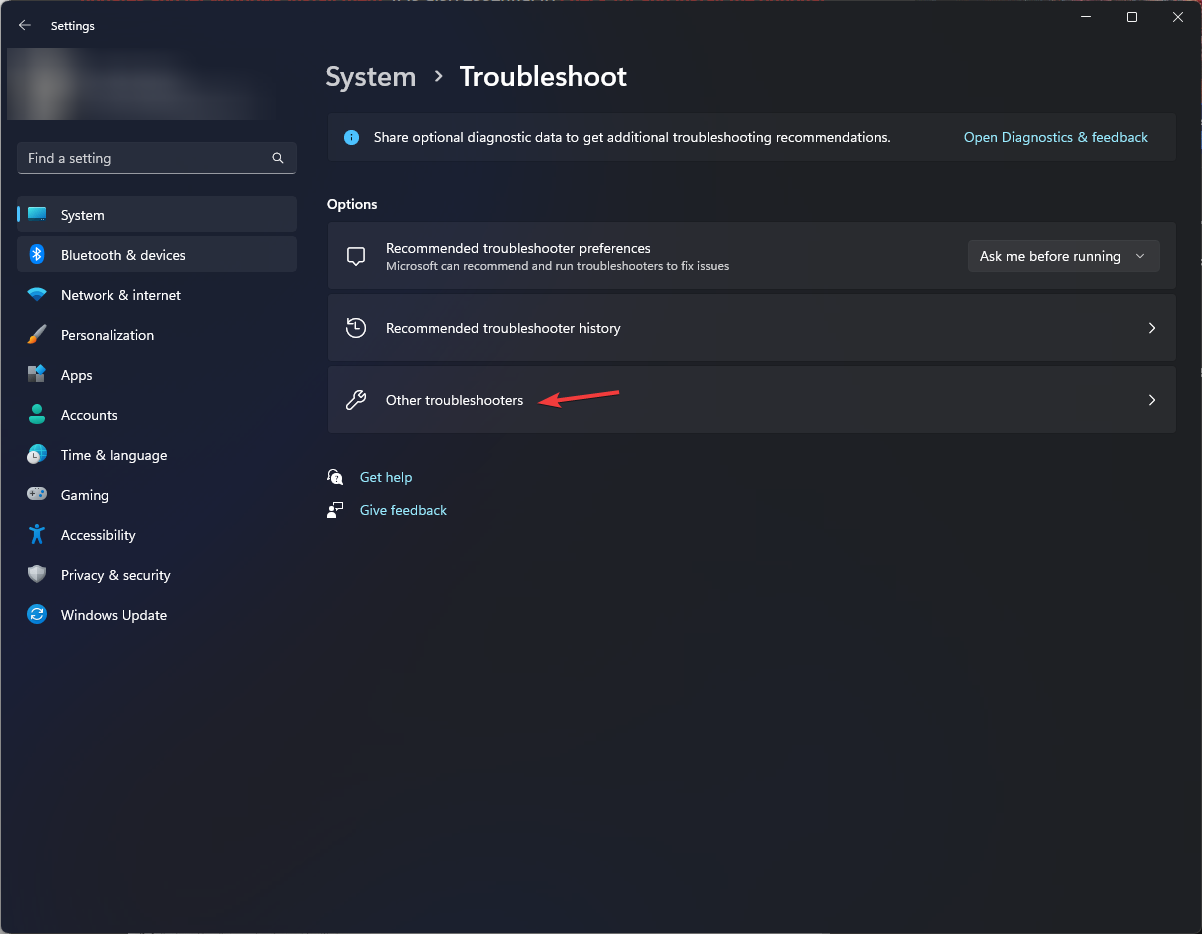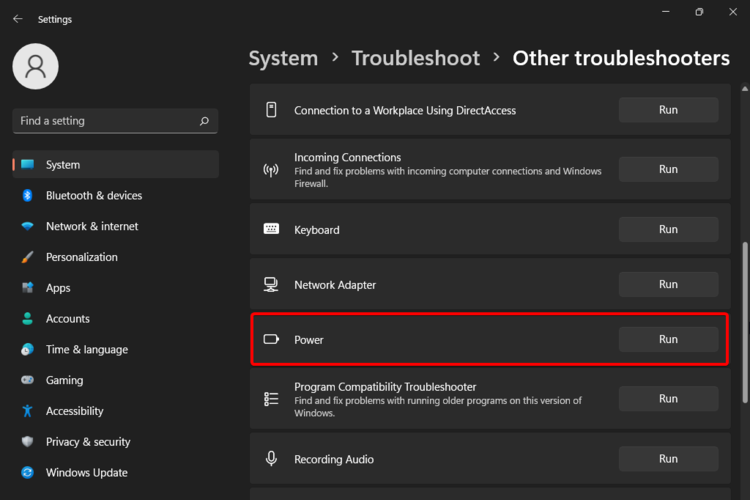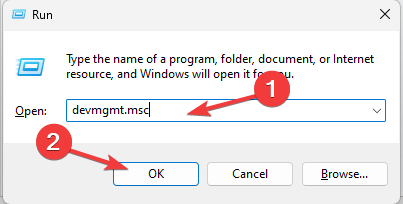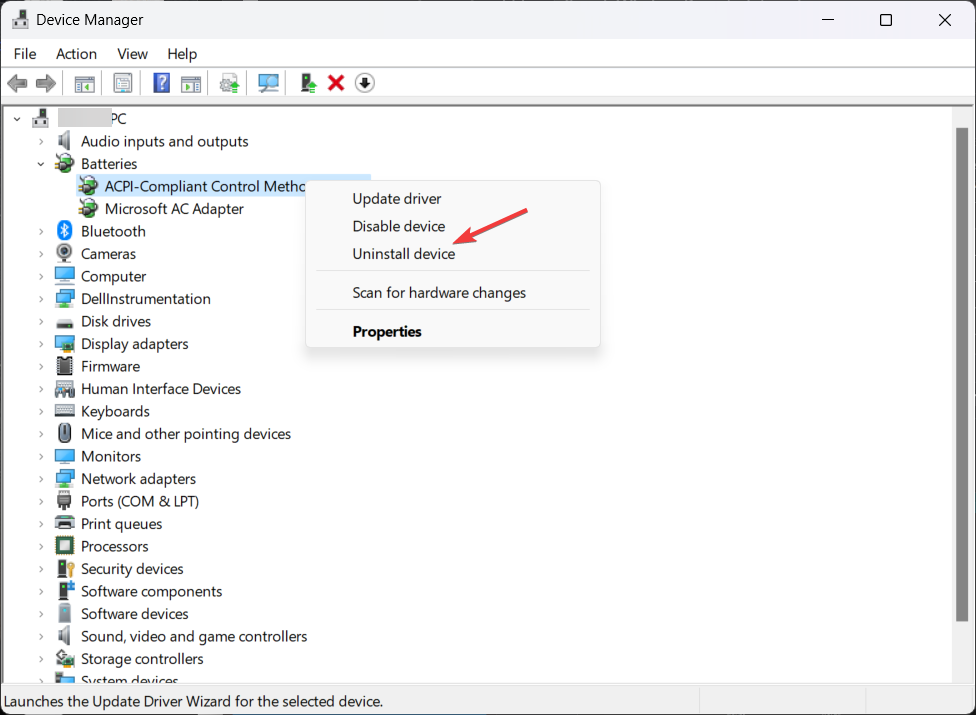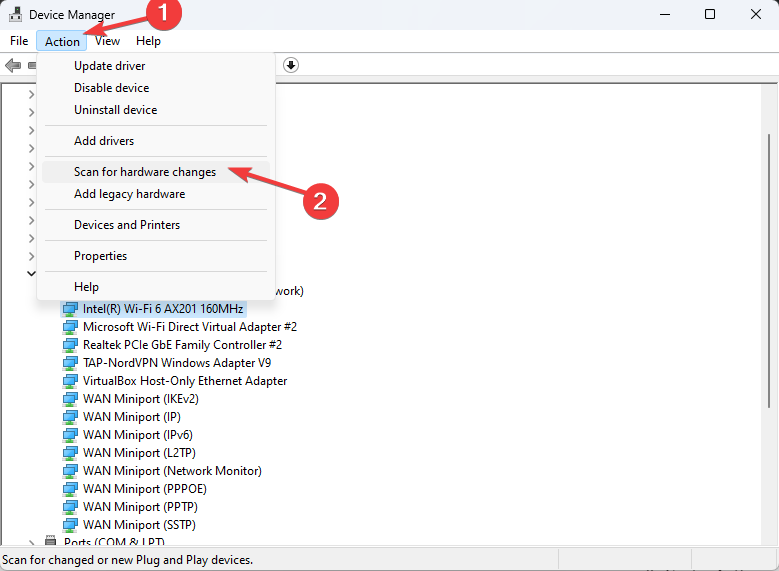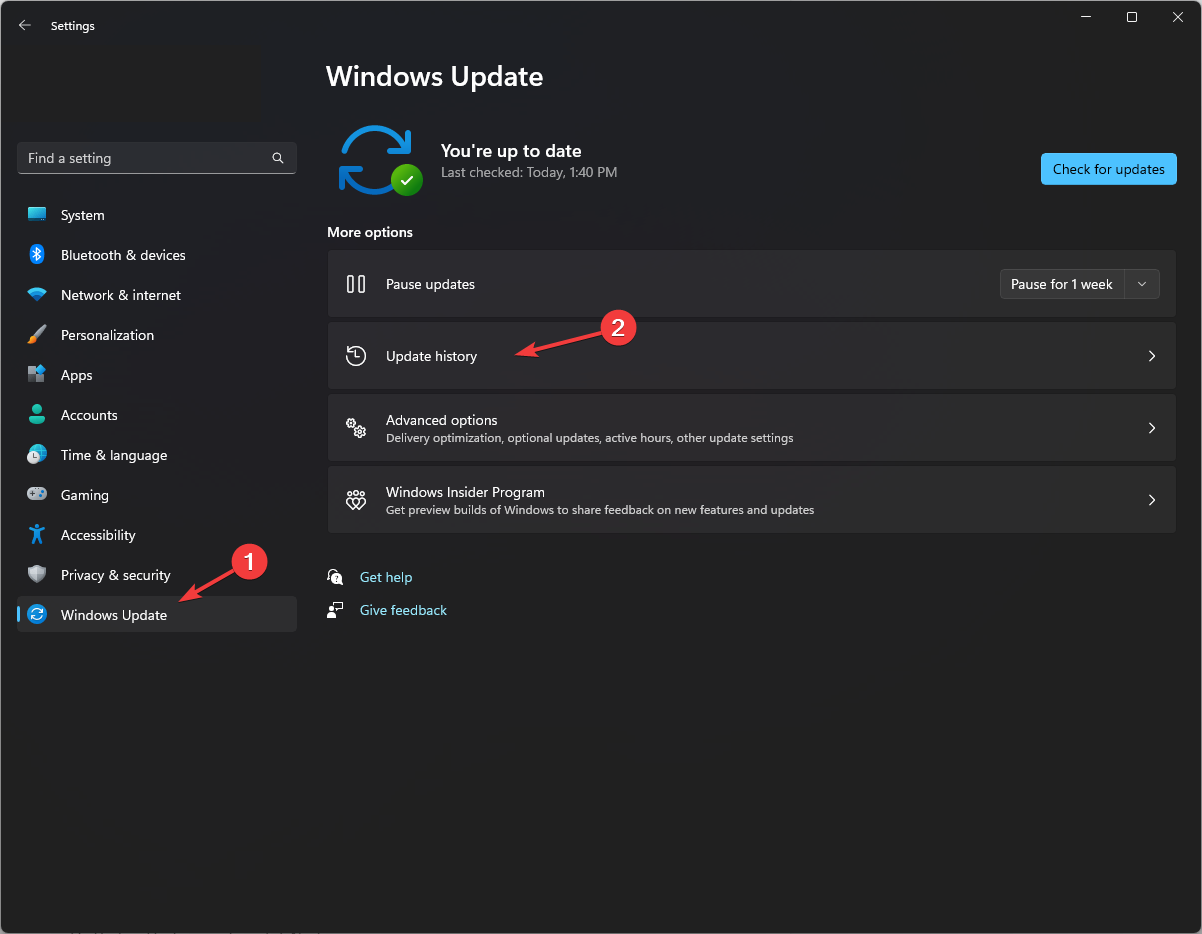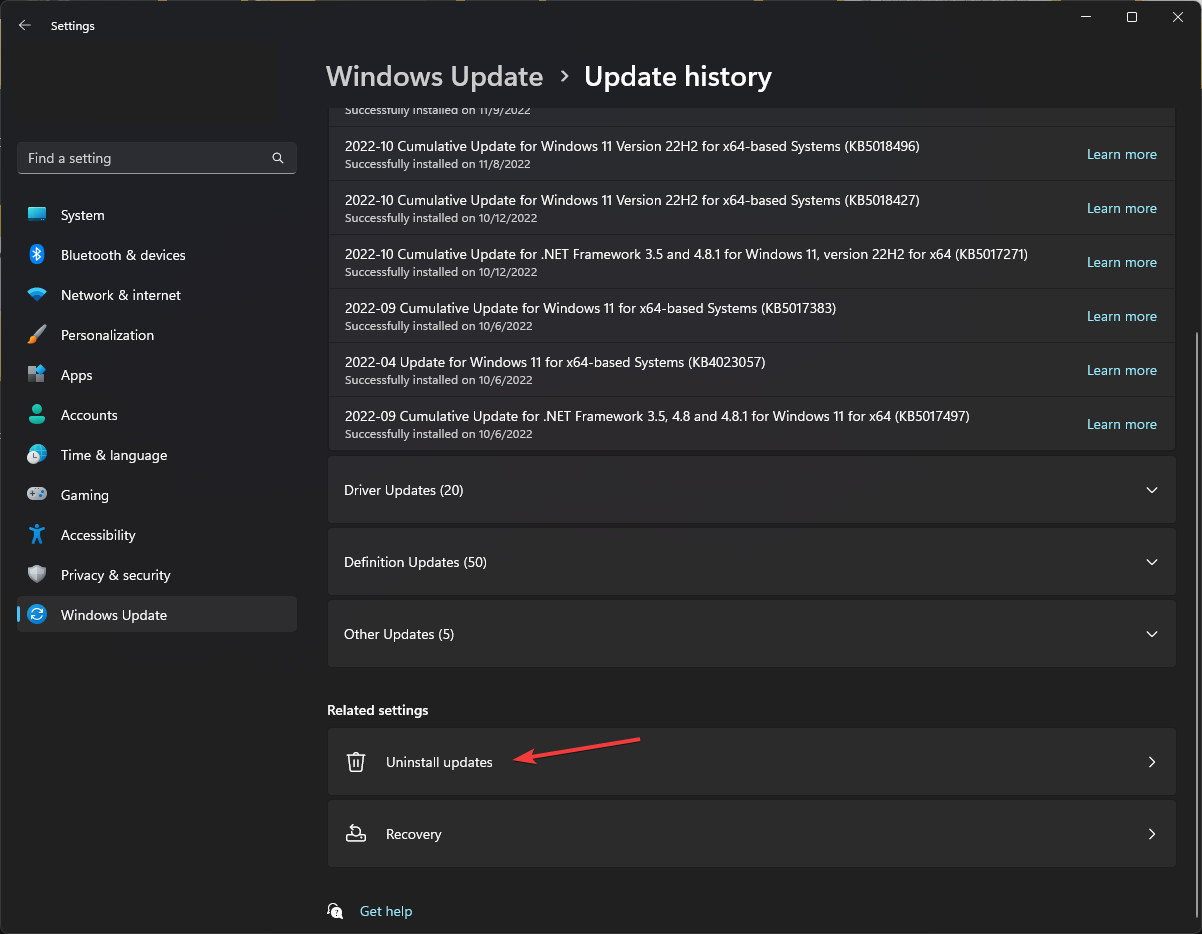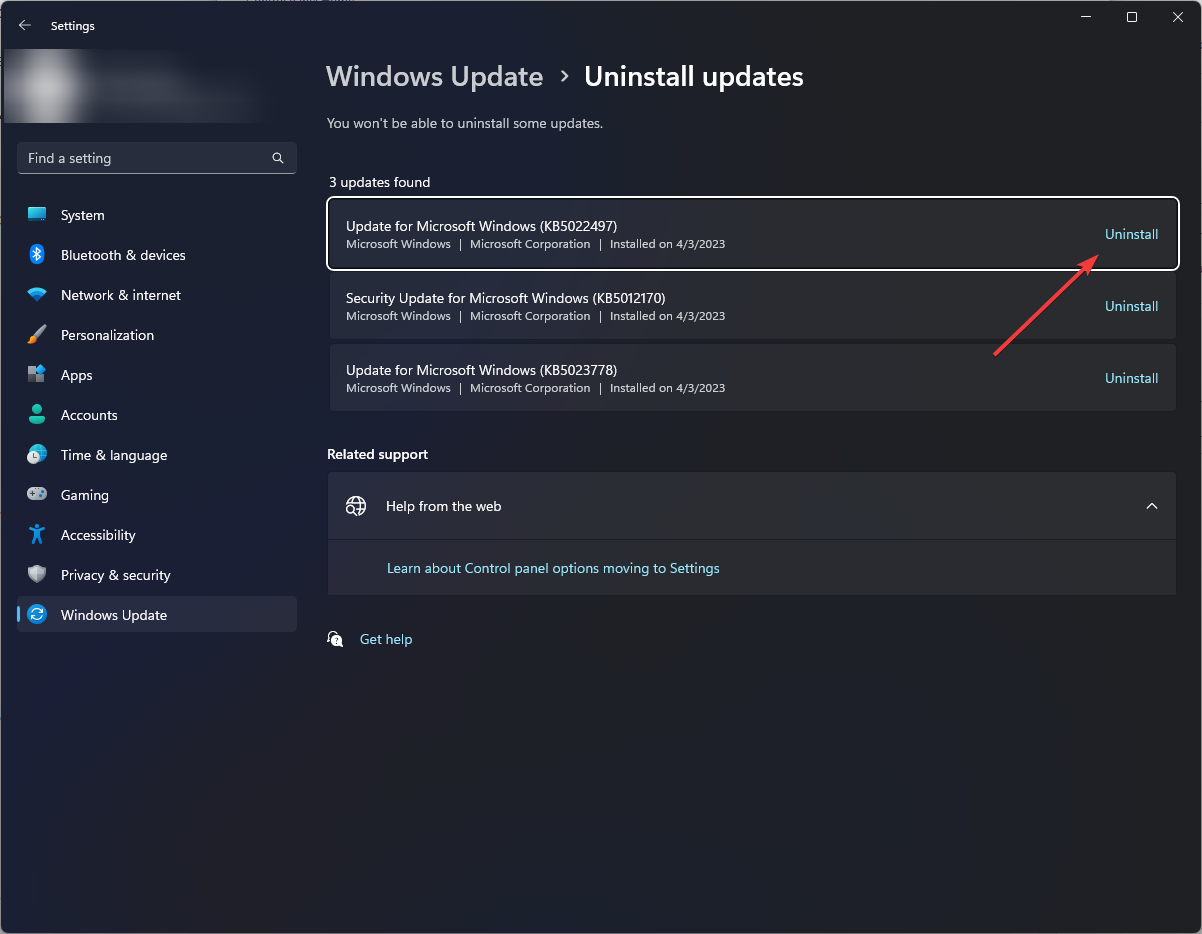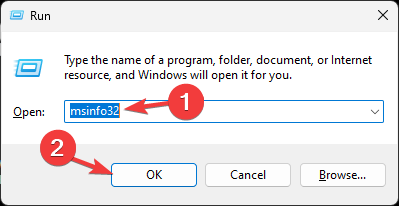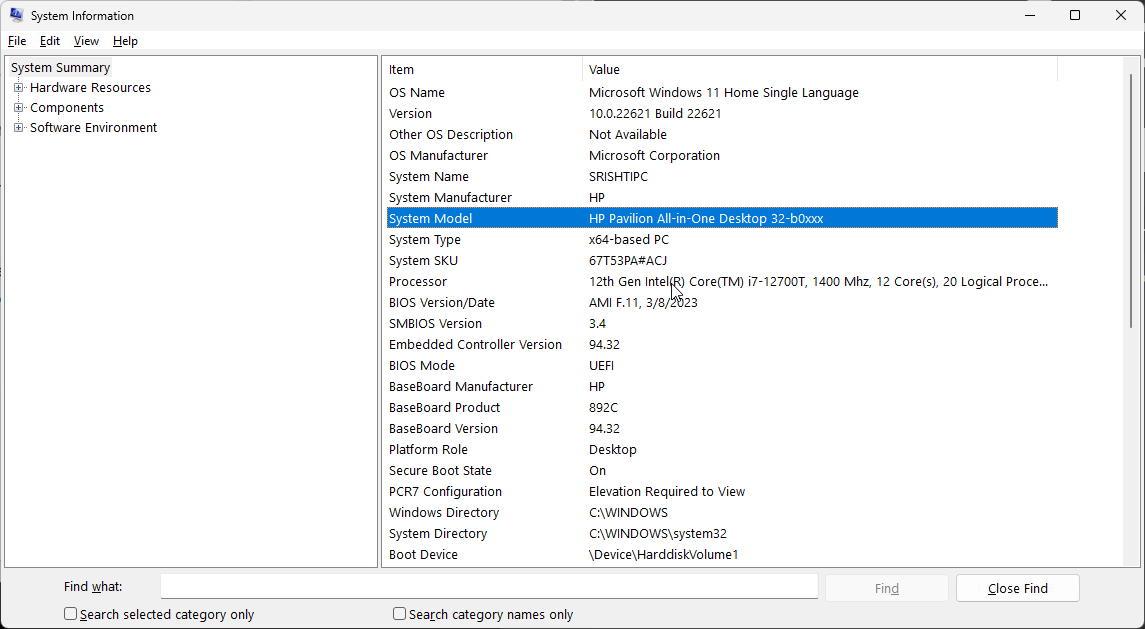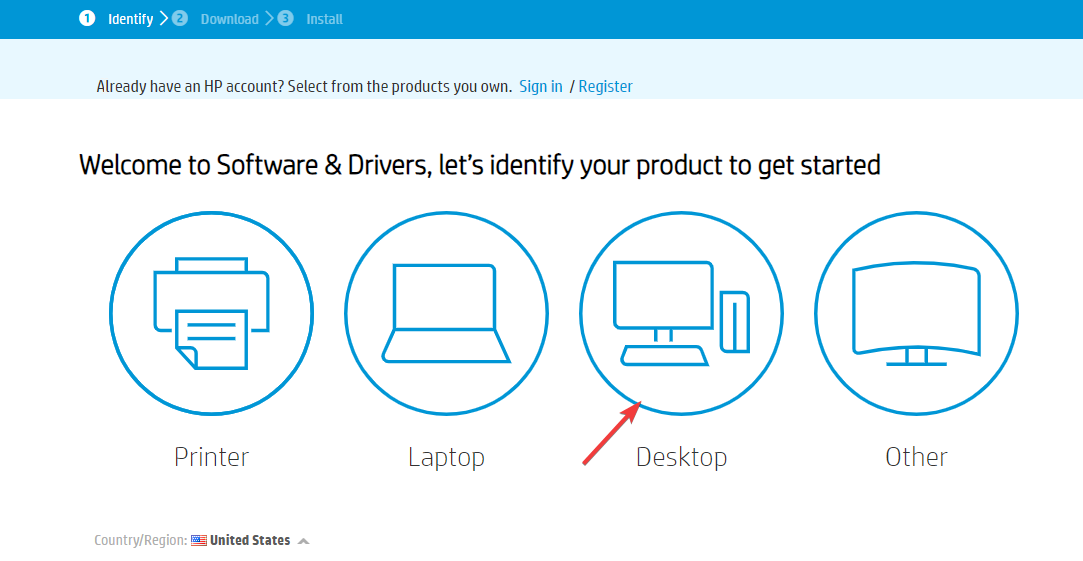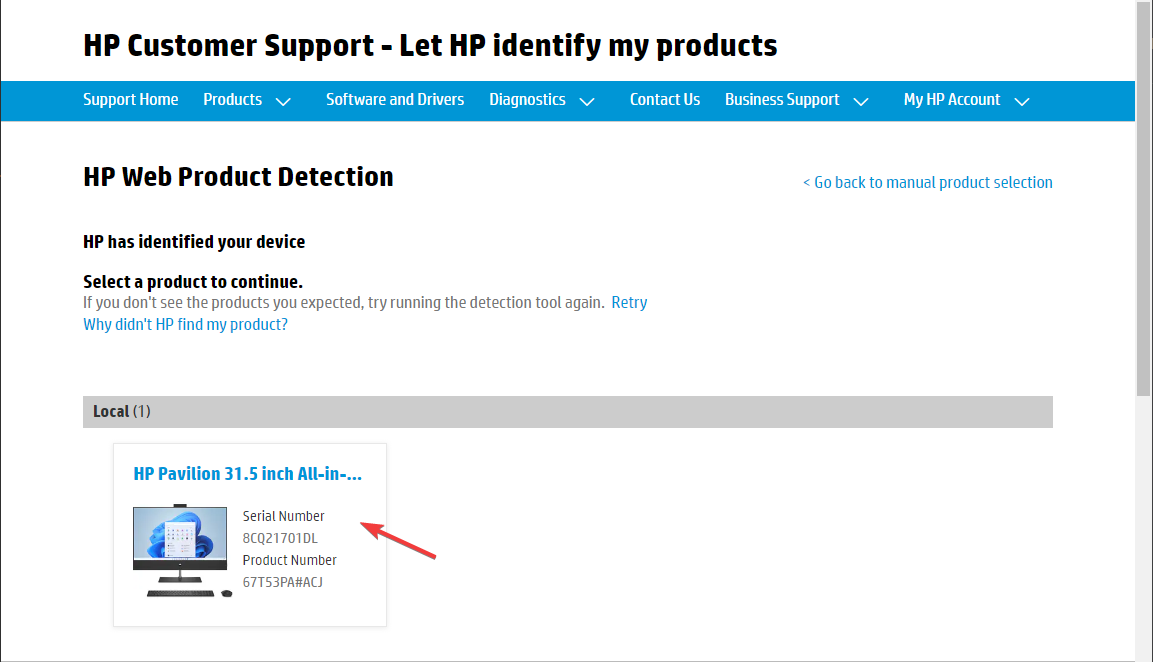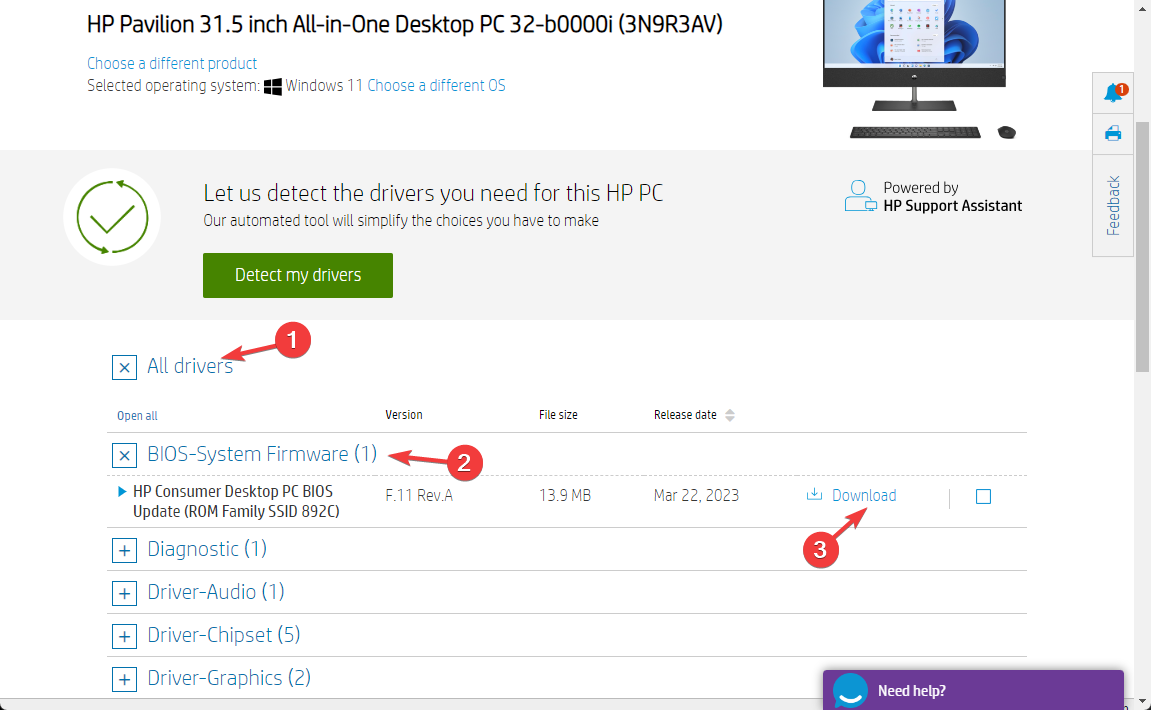Laptop Battery is Stuck at 0%: How to Get It to Charge
First step should be to check the battery health
- The laptop battery not charging 0 percent problem appears if the battery health is deteriorating, BIOS is outdated, or the driver is not working.
- To fix the issue, uninstall the driver related to the battery, check battery health, or update BIOS.
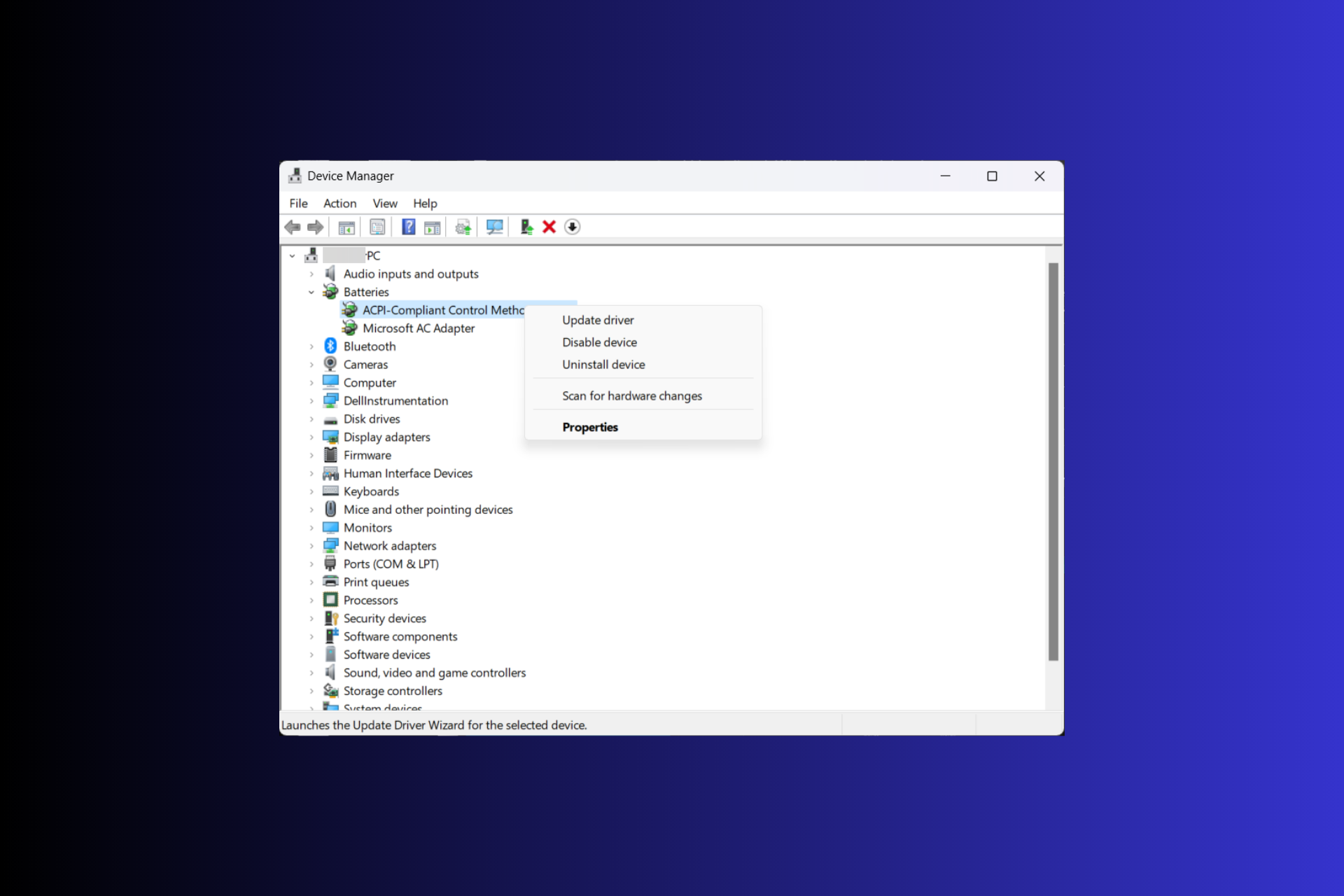
Few things are as frustrating as a laptop battery that refuses to charge. You find yourself tethered to a power outlet, your freedom and mobility restricted, as your laptop’s battery stubbornly remains at 0%.
This guide will delve into the possible causes and solutions to this vexing problem that can help you regain control over your laptop’s power supply.
Why is my laptop battery stuck at 0?
When your laptop battery remains stubbornly stuck at 0% and refuses to charge, several underlying causes can contribute to this issue. Some of them are:
- Faulty power adapter or charging cable – A malfunctioning power adapter or charging cable can disrupt the charging process. Check for any visible signs of damaged or bent connectors.
- Battery calibration issue – Laptop batteries can develop calibration issues over time, causing the battery percentage to be inaccurately displayed as 0%. Try performing battery calibration.
- Battery driver – Outdated or corrupted battery drivers or firmware can hinder the charging process. To fix it, try reinstalling or updating the drivers.
- Power Management settings – Incorrect power management settings within your laptop’s operating system can interfere and cause this issue.
- Battery age and wear – If your battery has reached the end of its lifespan or has undergone extensive wear, it may need to be replaced to restore proper charging functionality.
These are general reasons, and the specific reasons behind this issue may vary depending on your laptop model and configuration. Let’s explore some common troubleshooting techniques and solutions to get the problem fixed.
How do I fix my laptop battery stuck at 0?
 NOTE
NOTE
Before engaging in advanced troubleshooting steps, you should consider performing the following checks:
- Try using a different power outlet. Try plugging the laptop into the wall socket if you use a power strip.
- Check the power cable and adapter for dents and damage.
- Remove all peripheral devices, then press and hold the Power button for 15 seconds.
- Unplug the laptop from the power supply, remove the battery (if removable), press the Power button for 30 sec, place the battery, reconnect the power cable, and restart.
- Opt out of the Windows Insider program
- Replace the CMOS battery.
- Calibrate your laptop’s battery.
Once you are through these, move to the detailed solutions. Ensure that you follow the methods in the same order to fix the issue sooner.
1. Check the battery health
- Press the Windows key, type cmd, and click Run as administrator.
- Type the following command to generate a battery report and hit Enter:
powercfg /batteryhealth - It will display the path where the report is stored.
- Locate and double-click it to open it, and it will show you the information on the battery, including the name, Manufacturer, Serial Number, Chemistry, Cycle Count, and Battery life estimates.
- Go to Battery life estimates to check if the battery is working fine or not.
Expert tip:
SPONSORED
Some PC issues are hard to tackle, especially when it comes to missing or corrupted system files and repositories of your Windows.
Be sure to use a dedicated tool, such as Fortect, which will scan and replace your broken files with their fresh versions from its repository.
If there is enormous battery drainage, chances are the battery is not working correctly or is at the end of the cycle; therefore, replacing it is the best option.
However, if it works fine, move to the following method to fix the issue.
2. Run the Power troubleshooter
- Press Windows + I to open the Settings app.
- Go to System, then click Troubleshoot.
- Click Other troubleshooters.
- Now locate Power and select Run.
- Follow the onscreen instructions to complete the process.
3. Reinstall the battery driver
- Press Windows + R to open the Run window.
- Type devmgmt.msc and click OK to open Device Manager.
- Locate Batteries, and click it to expand.
- Go to Microsoft ACPI Compliant Control Method Battery, right-click it and select Uninstall driver.
- Once done, click Action and select Scan for hardware changes to reinstall the driver.
Now check if the issue persists; if yes, move to the next method.
4. Uninstall the recent Windows update
- Press Windows + I to open the Settings app.
- Go to Windows Update, then Update history.
- Under Related settings, select Uninstall updates.
- Go to the recent update and click Uninstall.
5. Update your BIOS
 NOTE
NOTE
- Press Windows + R to open the Run window. Type msinfo32 and click OK to open System Information.
- Note down the System BIOS and other system-related information such as processor name, OS name, System Model, and more.
- Close all apps, and turn off antivirus and BitLocker encryption.
- Visit the HP Software and Driver Downloads page.
- Choose your laptop or PC. Either enter your product name or let the website find it for you. Select the product, then choose the operating system.
- Click All Drivers to expand the list, locate BIOS- System Firmware, and click Download.
- Once downloaded, double-click the file to install, or if the HP support assistant pops up to help you install, click Yes or OK to let it take over and complete the process.
- Your computer will restart to complete the process.
Throughout this guide, we covered common techniques, including resetting the battery, checking power settings, updating drivers, and more, helping you regain the functionality and portability of your laptop.
Did nothing work for you? Try performing a system restore before contacting Customer Support or replacing the battery to ensure the system settings are not the culprit.
If you are facing similar issues, like laptop battery not charging at 80%, we suggest you check out this informative guide to find quick solutions.
Please feel free to give us any information, tips, and your experience with the subject in the comments section below.
Still experiencing issues?
SPONSORED
If the above suggestions have not solved your problem, your computer may experience more severe Windows troubles. We suggest choosing an all-in-one solution like Fortect to fix problems efficiently. After installation, just click the View&Fix button and then press Start Repair.
